
Nigeria Ranks Second in Africa Organized Crime Index 2023
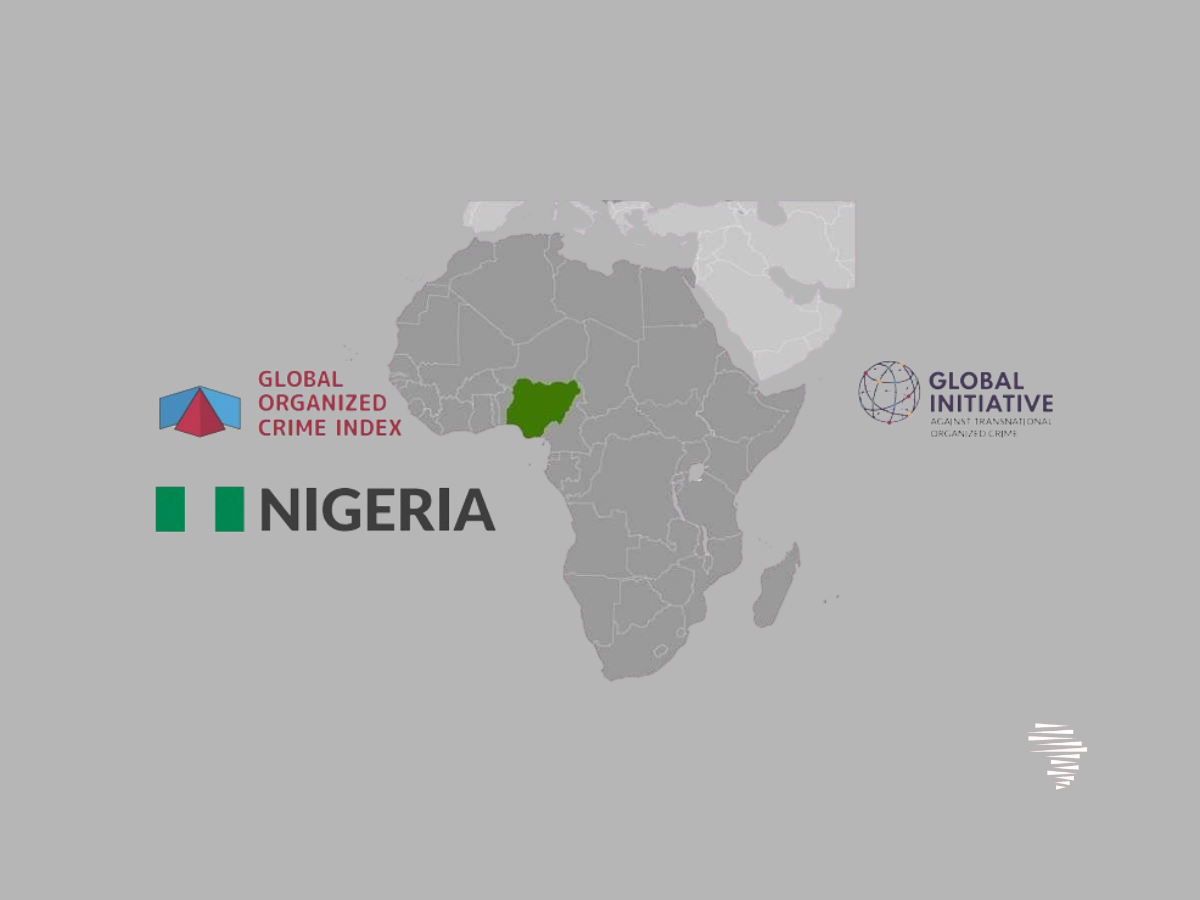
Just after the UNCA COPS10, Nigeria’s criminality score in the Global Organized Crime Index ranks 6th of 193 countries, 1st of 15 countries in West Africa, and 2nd of 54 countries in Africa, according to a report by the Global Initiative Against Transnational Organized Crime (GI-TOC). With a criminality score of 7.28, Nigeria’s criminality score hit a .13 increase compared to 2021 reports of 7.15 in the same report.
In the report, human trafficking is the first outlined case that contributes to Nigeria’s crime index, while trafficking in firearms and drugs follows closely behind. The report also highlights other crimes, such as wildlife trafficking, which addresses the effects of endangering wildlife species.
The Criminality Index, as a tool of measure, is used in assessing the prevalence and severity of criminal activity within a particular region or country. However, it should be noted that the criminality index is not the sole indicator of a country’s overall safety or security. The report further expands on what other factors should be considered when evaluating a country’s safety and security, many of which are highlighted below.
Fighting organized crime requires a comprehensive approach that includes law enforcement cooperation, intelligence sharing, and addressing the root causes of criminal activity, where corruption trumps and aids in the expansion.
The criminal justice system plays a crucial role in ensuring that offenders are held accountable and that justice is served. However, the Nigerian judicial system is severely compromised due to widespread corruption and a lack of respect for the rule of law. As a result, many criminals go unpunished, and victims are left without proper justice. This not only gives room for the expansion of criminal activities but also undermines the citizens’ trust in the legal system.
Lastly, the intervention of civil societies and law enforcement agencies like NAPTIP has increased awareness of the problems of human trafficking and has led to more effective prevention and prosecution efforts. In 2019, harm reduction programs were launched, but rehabilitation clinics are not available in Nigeria, and alcohol- and drug treatment throughout rehabilitation centres in the country have been criticized and dubbed inhumane. Some CSOs also provide shelters, counselling, and rehabilitation.
About The Author
Mayowa Durosinmi
author
M. Durosinmi is a West Africa Weekly investigative reporter covering Politics, Human Rights, Health, and Security in West Africa and the Sahel Region
Mayowa Durosinmi
M. Durosinmi is a West Africa Weekly investigative reporter covering Politics, Human Rights, Health, and Security in West Africa and the Sahel Region
Related Articles
Burkina Faso Releases Detained Nigerian Aircrew After Unauthorised Landing
Burkina Faso has released eleven Nigerian military personnel who were detained after...
ByWest Africa WeeklyDecember 12, 2025AES, Togo and Chad Launch Strategic Energy Projects in Niamey
Ministers of Energy from the Alliance of Sahel States, alongside their counterparts...
ByWest Africa WeeklyDecember 12, 2025Senate Pleas Exemption from VIPs Security Withdrawal
The Nigerian Senate has appealed to President Bola Ahmed Tinubu to exempt...
ByJoshua ChuwangDecember 12, 2025US Peace Talks All for Nothing as Fighting Engulfs Eastern Congo and Rebels Advance
What was presented as a breakthrough moment of diplomacy has instead become...
ByWest Africa WeeklyDecember 11, 2025



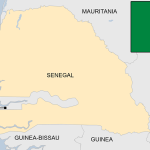

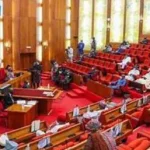

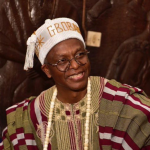


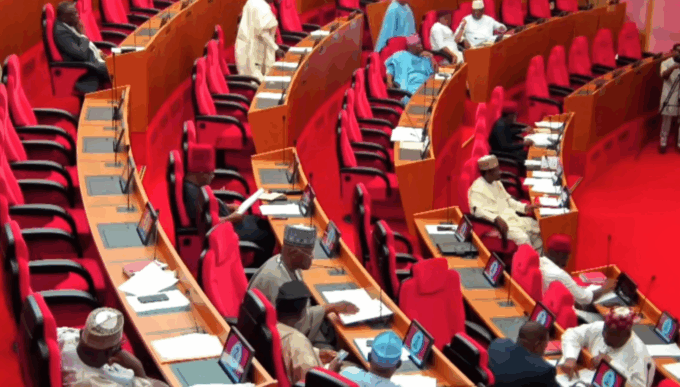
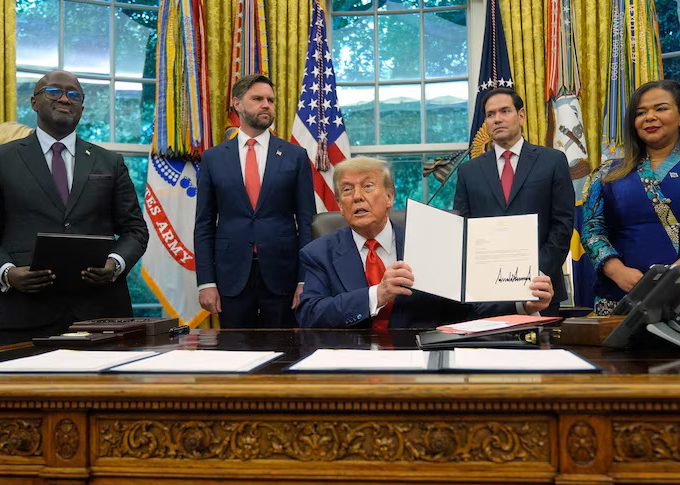
Leave a comment